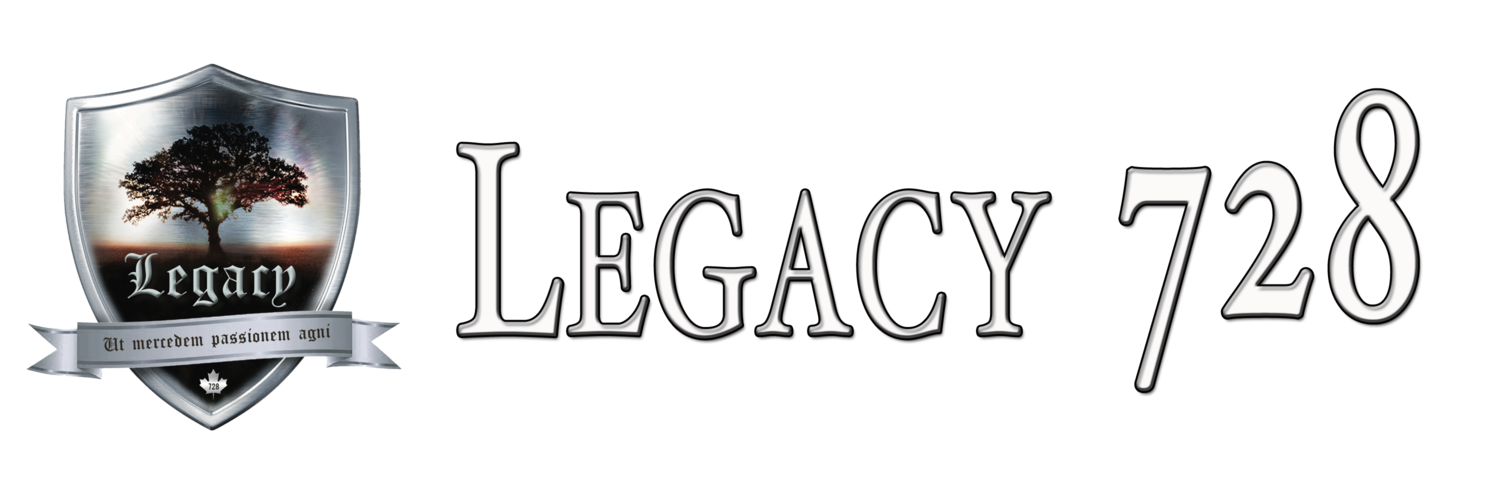Purpose & Providence
One thing that’s been stirring in my heart lately is purpose. You know those moments where the questions come louder than usual?
Am I doing what I’m supposed to be doing?
Did I choose the right path—profession, job, city, calling…?
Recently, I found fresh encouragement in the story of Joseph—his journey from favored son to prisoner, and ultimately to second-in-command over all of Egypt.
Do you think Joseph ever asked those same questions?
Joseph walked through intense, character-shaping seasons—moments that could’ve easily cost him his life. But when you take a closer look, his story offers sobering, powerful wisdom for anyone navigating purpose, destiny, and identity.
At the heart of Joseph’s story is a word we don’t use much anymore: providence.
Providence is the protective care of God—His sovereign hand at work behind the scenes.
And I believe His providence is directly connected to our purpose.
⸻
Joseph knew early on—through dreams—that he was destined for greatness. But sharing those dreams too soon got him thrown in a pit by his jealous brothers. (Let that sink in: sometimes sharing your dream can get you in trouble… but a dream can also get you out of it.)
What we often overlook is that Joseph was already an overseer. When his brothers were missing from their post, he didn’t just run home to tattletale—he investigated. He led. And as he approached them in his colorful coat, proud and full of promise, they plotted to take him out.
Sold into slavery, Joseph ends up in Potiphar’s house—the captain of Pharaoh’s guard. Despite the betrayal, Joseph works hard, likely clinging to the dreams God gave him. His faithfulness earns him favor.
But let’s be real—naïveté doesn’t leave us until life teaches us. Joseph finds himself alone with Potiphar’s wife—more than once. Though he’s not at fault, wisdom would have said: Don’t go alone. Lessons learned young tend to stay with you.
He ends up in prison. But here’s a key detail: Potiphar’s house and Pharaoh’s prison were likely part of the same royal compound. Joseph was imprisoned, yes—but also protected. Think The Count of Monte Cristo—a man wrongly imprisoned not because he was guilty, but because he was inconvenient.
Even there, God’s providence pursues Joseph’s purpose. Once again, he rises to the top—this time, in the lowest place in society.
A dream put him in the pit.
A dream gets him out.
Joseph interprets the dream of a fellow prisoner—a royal servant. That interpretation later opens a door to Pharaoh himself, who is troubled by a dream no one can explain.
(Side note: Serve people well, even in small places. You never know what networks God is building through your love and faithfulness. Interpreting a dream in a prison might be the thing that seats you before kings.)
⸻
Here’s where purpose and providence collide:
Pharaoh presents his dream.
Joseph listens.
He interprets the mystery: seven years of abundance followed by seven years of famine.
At this point, you might expect Joseph to be released. Go home. You did your thing.
But God’s providence is never just about you.
Purpose is never individual—it’s corporate.
If Joseph had returned home, he would’ve faced the shame of his brothers, sure—but in 14 years, his entire family line would’ve died in the famine.
This was bigger than Joseph.
⸻
This part lit something up in me:
I asked God, “Did You give Joseph the plan to prepare Egypt for the famine?”
I felt Him respond, “No. I didn’t have to. I co-laboured with Joseph. He is My son—doing My business.”
So I asked again, “Where did Joseph get the wisdom to develop a national crisis management strategy, straight out of prison?”
And it hit me:
His whole life was training.
• Overseer of his brothers
• Manager in Potiphar’s house
• Steward of Pharaoh’s prison
To manage the king’s guard, he would’ve needed deep cultural knowledge, understanding of governance, and familiarity with supply chains. To run the prison, he would’ve calculated food rations, overseen distribution, learned structure and leadership under pressure.
His testimony was his resume.
In that moment before Pharaoh, the supernatural and the practical merged. Joseph operated in a gift (word of knowledge) and in a skill (manager/leader/overseer).
That’s providence.
⸻
Many of us are waiting for purpose to show up after the dream, after the word, after the supernatural encounter.
But what if that dream was never meant to be shelved?
What if God’s blueprint was handed to you so you could build it?
⸻
Maybe we need to stop waiting and start co-labouring.
Take what you’ve learned.
Add it to what He’s revealed.
Don’t walk away with just the interpretation—step into the implementation.
Providence is still active.
Purpose is still unfolding.
And God is still co-labouring with sons.
Let’s be men who see the blueprint—and build it.
—Gabe Voorhees

